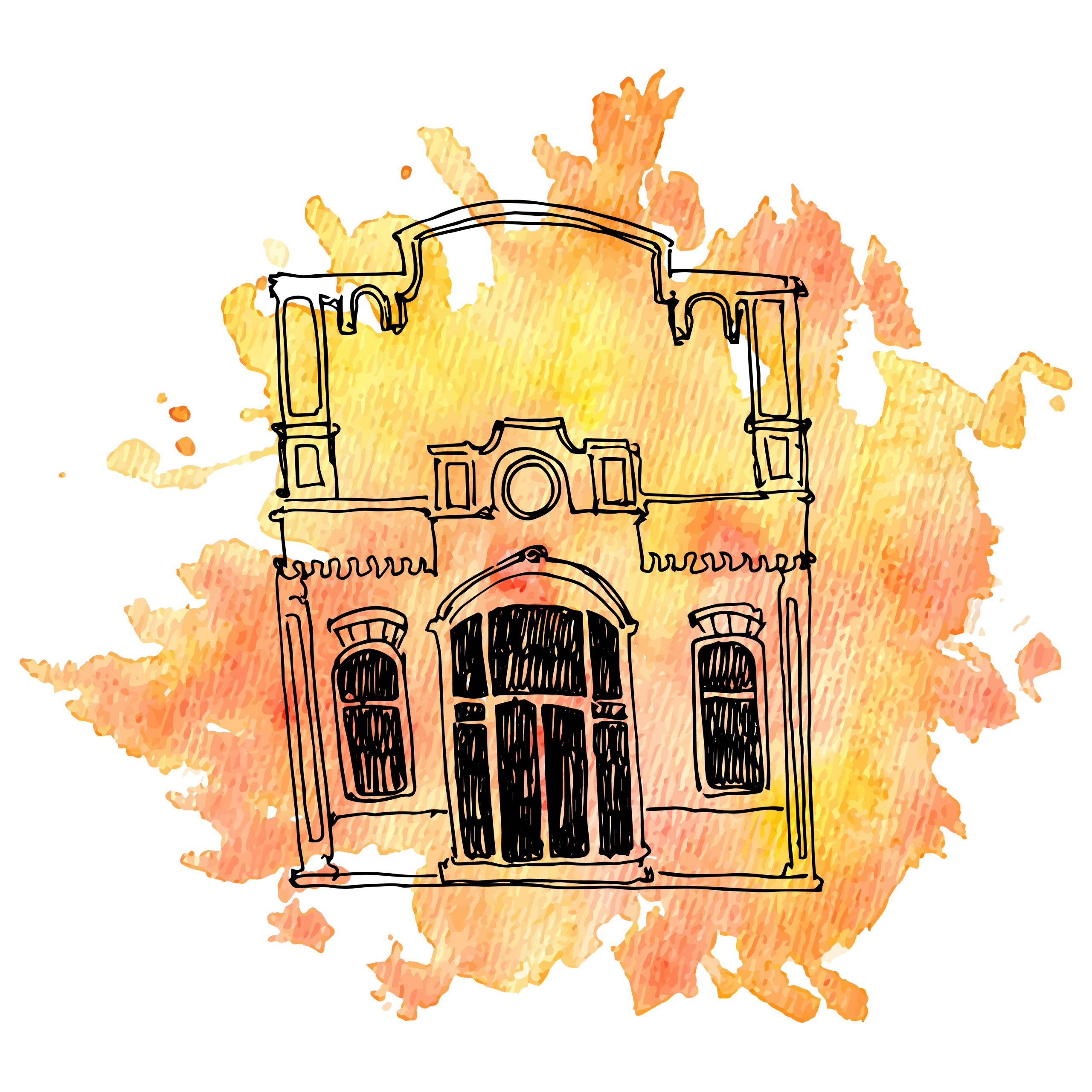The school year
If you are 14 on 1st September in the year you arrive, you will almost certainly go to year 10. If you are 15 on 1st September, you might go to year 10, 11 or 12. Some schools don’t accept students into year 11 because the UK students are preparing for leaving certificate exams (GCSE). We consider 11 the most academically changing year to enter as you would have to take approximately 10 subjects and catch up on all the content you missed in the first half of this two year course in time for the external exams in May. If you are 16, 17 or 18, you go to year 12.
If you are going to year 10 or 11, there is less choice of subjects. You will take approximately 10 subjects at GCSE and many of them will be similar to in your school at home. After arrival, you will usually have the opportunity to add 4 options such as Business, Drama or Photography to the compulsary subjects such as Maths and English.
If you are going to year 12, your first big choice is whether you would like A Levels or BTEC. Both offer university acceptance. Both courses are usually for 2 years but exchange students may take just the first year. 3-4 A Levels or 1 BTEC involve a similar number of study hours. There almost certainly no comparison to BTEC in your country. It is partly because the UK has such a strong tradition in the creative industries.

A-Level
3 or 4 subjects
Qualification after 2 years
Similar to your home country
More theory than practice
Results depend mainly on exams
University access
BTEC
1 subject
Subsidiary Diploma in year 1
Full Diploma in year 2
Different to your home country
A lot of practical work
Results depend on course work
University access
See advises you take BTEC if you would like to study one area in depth to prepare for a specialist high school path or university. We particularly recommend BTEC on Arts courses such as Design and Performing Arts or Sport as well as technical subjects such as Engineering You would also find some valuable BTEC Business, Media and IT courses.
If you would like to study traditional courses such as History, Foreign Languages, Maths or English Literature, A Levels are definitely for you. If you would like to take Sciences, Music or Art, we need to consider whether you are interested in music theory or practice, classical or modern music, pure science or applied forms such as forensics, history of art or creating your own portfolio You can be sure that education experts will consider your application and give you advice.
Typical A Level subjects
Art
Biology
Business Studies
Chemistry
Critical Tlhinking
Drama and Theatre Studies
Economics
English Language
English Litarature
French*
Geography
German*
History
Law
Mathematics
Media Studies
Music
Photography
Physical Education
Physics
Politics
Psychology
Religious Studies
Spanish*
Typical BTEC subjects
Art and Design
Business
Engineering
Music Performance
Music Production
IT and Computing
Media Production
Performing Arts
Dance
Musical Theatre
Travel and Tourism
Sport Coaching
Sport Performance
Many BTEC courses offer a specialism such as fashion design or adventure sports. If you are choosing a BTEC course, we would choose the college according to your interests. We recommend you don’t try to choose both college and course. The course should be more important.
We offer International Baccalaureate programmes, but students are required to stay for two years to complete the qualification, which examines in six subjects. We find that exchange students handle A Level and BTEC programmes far better and find themselves well equiped for university because they have studied the subjects in more depth. A Levels, in particular, are well respected around the world and qualify students to go to top universities if they take the right subjects. Students extending to a second year should always let us know as far in advance as possible so we can help with university requirements.
If you want to find out more, get in touch
We’d be happy to discuss any questions you may have or if you need any further information.
